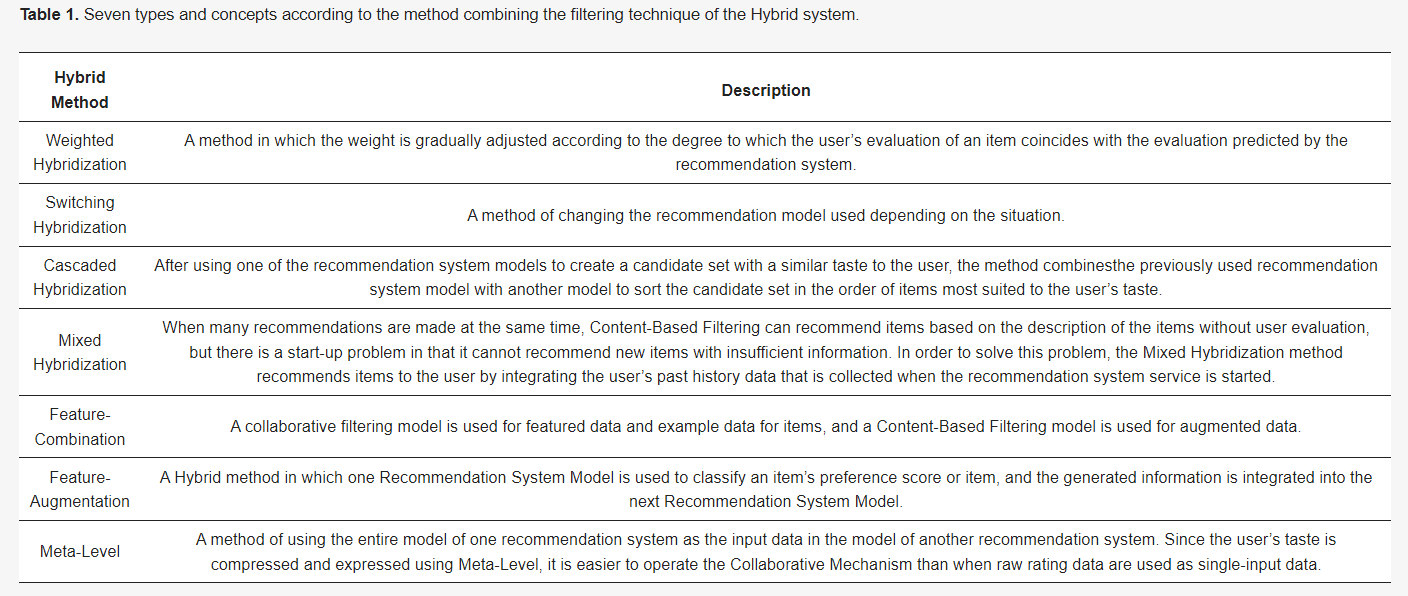"The Impact of Dementia Pets on Caregiving: How Furry Companions Help Those with Dementia"
#### Dementia PetsDementia pets refer to animals, often dogs or cats, that are specifically chosen or trained to provide companionship and emotional support……
#### Dementia Pets
Dementia pets refer to animals, often dogs or cats, that are specifically chosen or trained to provide companionship and emotional support to individuals suffering from dementia. As dementia progresses, individuals often experience feelings of loneliness, confusion, and anxiety. The presence of a pet can significantly alleviate these feelings, providing comfort and a sense of purpose.
#### The Role of Pets in Dementia Care
The role of pets in dementia care cannot be overstated. Research has shown that interacting with animals can lead to reduced stress levels, lower blood pressure, and an overall improvement in emotional well-being. For many dementia patients, pets offer a non-judgmental presence that encourages social interaction and communication. Simple activities like petting a dog or playing with a cat can evoke positive memories and stimulate cognitive function, making pets invaluable companions in dementia care settings.
#### Benefits of Having Dementia Pets
1. **Emotional Support**: Pets provide unconditional love and companionship, which can be particularly beneficial for individuals with dementia who may feel isolated or neglected. The bond formed with a pet can enhance feelings of security and reduce anxiety.

2. **Routine and Structure**: Caring for a pet requires a certain level of routine, which can help individuals with dementia maintain a sense of structure in their daily lives. Feeding, walking, and grooming a pet can provide meaningful tasks that foster independence and responsibility.
3. **Physical Activity**: Pets encourage physical activity, whether it’s taking a dog for a walk or playing with a cat. This physical engagement is essential for maintaining mobility and overall health in dementia patients.
4. **Social Interaction**: Pets can serve as social facilitators, helping to bridge communication gaps. They can encourage conversations, not only with caregivers but also with other residents in assisted living facilities, fostering a sense of community.
5. **Cognitive Stimulation**: Engaging with pets can stimulate cognitive function. Activities such as training a dog or teaching a cat tricks can challenge the brain and encourage mental engagement.
#### Choosing the Right Dementia Pet

When selecting a pet for someone with dementia, it’s crucial to consider the individual’s personality, preferences, and the level of care they can provide. Some factors to consider include:
- **Temperament**: Look for a pet with a calm and gentle demeanor. High-energy pets may cause stress rather than alleviate it.
- **Size**: Smaller pets may be easier to manage, especially in confined living spaces.
- **Maintenance**: Consider the level of care required. Some pets, like fish or hamsters, are low-maintenance, while dogs require regular walks and grooming.
#### Training and Support

Training is essential for both the pet and the caregiver. Basic commands and socialization can help the pet adapt to the environment and the needs of the individual with dementia. Additionally, caregivers should seek support and resources on how to integrate pets into the caregiving process effectively. Organizations that specialize in therapy animals can provide guidance on choosing the right pet and training them for specific needs.
#### Conclusion
In conclusion, dementia pets play a significant role in enhancing the quality of life for individuals suffering from dementia. Their ability to provide emotional support, encourage physical activity, and facilitate social interaction makes them invaluable companions. Caregivers should consider the unique benefits that pets offer and explore ways to incorporate them into the care routine for those affected by dementia. As the understanding of dementia and its impacts on individuals evolves, the importance of companionship through pets continues to shine, making dementia pets a vital part of dementia care.